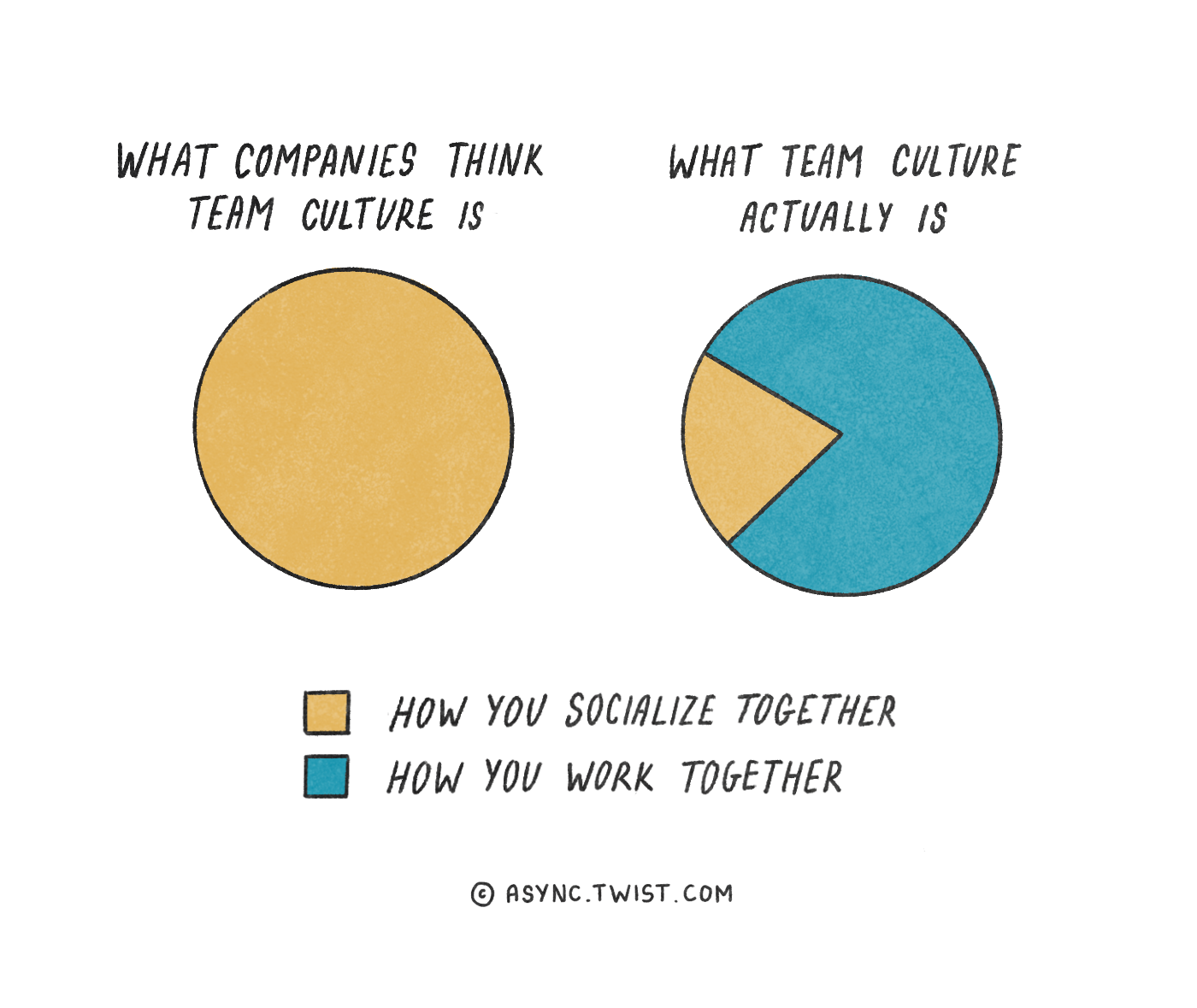
HogMail #22: Why do companies over-hire?"
Feb 22, 2023
Contents
Welcome to HogMail, our newsletter featuring the best of the PostHog blog, tutorials, product guides, and curated articles on building great products and companies. We send it every two weeks. Signup here so you don't miss it.
I have good news and bad news. The bad news... this is the last ever HogMail. 😢
The good news? We're launching a brand new newsletter that's very similar HogMail, but more muscular?! 💪
They'll be no gap in service, but your next newsletter will look a little different.
Here's what's new on PostHog.com:
- James Hawkins on Our simpler goal: Help engineers to be better at product
- Ian Vanagas on Using PostHog apps to gather feedback and book user interviews
- Charles Cook on What we've learned about developer marketing
- Ian Vanagas on How to evaluate and update feature flags with the PostHog API
Why do companies over-hire?
Josephine Conneely makes a strong case for the power of small teams. Some takeaways:
- If hiring to drive growth ask yourself: "what would the leanest version of hiring look like? It may be possible to achieve most of your growth goals with a smaller team."
- Low performance and/or blame cultures encourage over-hiring. It "reduces what any one individual can be accountable for" and "ensures there are enough scapegoats in place to deflect blame to".
- "Too many generalists can lead companies to over-hiring as they lack the expertise to execute effectively. Too many specialists can lead to over-hiring as roles are broken down into niche subsets."
Read: Why do companies over-hire? by Josephine Conneely
How you work together > how you socialize
Here's a great read on async working by Chase Warrington, Head of Remote at chat app Twist. It can be summed up by this graphic:

The post includes three useful tips for fostering the social bonds in an async team:
- Make attendance truly optional
- Treat social activities as part of the workday, not extracurricular
- Remember what truly unites us: our work.
Read: How to build human connections in an async workplace by Chase Warrington
Tips for challenging the status quo
Dissent fuels innovation, but a "challenge everything" culture can "quickly metastasize into a culture of assholes," says Hebba Youseff. How do you find the balance? When challenging ideas, consider:
- "What is your internal dialogue telling you about how you are showing up in this discussion? Are there outside factors that could be impacting you?" (e.g. your emotional state / personal feelings)
- "Do you have all the context? You should understand the situation fully before suggesting a different solution."
- "Do not speak for others or assume their motivations. It can be easy to project on others but that can be insulting for anyone else in the room."
Read: Challenging the status quo at work by Hebba Youseff

Subscribe to our newsletter
Product for Engineers
Read by 100,000+ founders and builders
We'll share your email with Substack
PostHog is an all-in-one developer platform for building successful products. We provide product analytics, web analytics, session replay, error tracking, feature flags, experiments, surveys, LLM analytics, data warehouse, CDP, and an AI product assistant to help debug your code, ship features faster, and keep all your usage and customer data in one stack.









